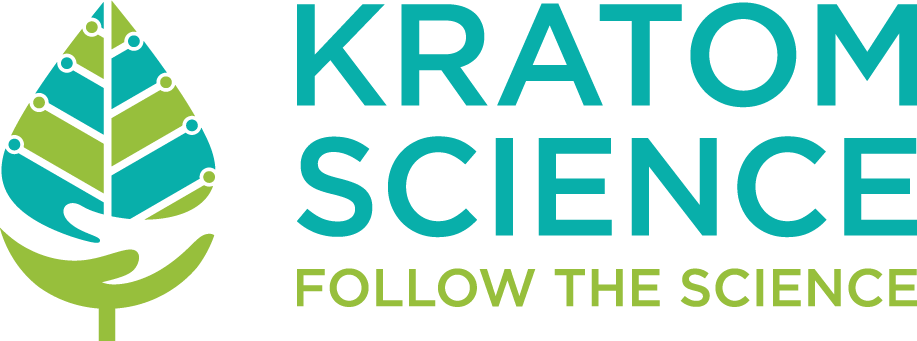Kratom in Bulgaria
Kratom Legal Status
Illegal since 2011
Law
Where to buy kratom in Bulgaria
Shipments are allowed when sent from an European Union member state where kratom is legal, regulated by the EU customs union in the Lisbon Treaty.
National drug strategy & laws
Adopted by the Council of Ministers in 2014, Bulgaria’s National Anti-Drug Strategy 2014-18, with its associated action plan and financial plan, addresses issues related to illicit drugs. The strategy is built around the pillars of drug demand and drug supply reduction and has three joint activity areas.
Its main demand reduction goals are to improve public health and the health and social functioning of individuals; to protect society from drug markets; and to reduce the demand for illicit drugs. In the area of supply reduction, the goals are to reduce the supply of illicit drugs and their precursors; to increase the efficiency of law enforcement and supervisory authorities; to enhance prevention of drug-related crimes; and to ensure effective cooperation using a joint and coordinated approach.
The Narcotic Substances and Precursors Control Act, implemented in 2010, sets out drug coordination mechanisms and specifies the entities involved in drug-related activities. It also refers to the lists of controlled substances and plants. The Penal Code takes into account the differences between high-risk and moderate-risk substances.
Trafficking carries penalties of imprisonment for 2-8 years for high-risk substances and 1-6 years for moderate-risk substances, but particularly large amounts or other aggravating circumstances can result in prison sentences of up to 15 years.
New psychoactive substances are regulated following a decision of the National Drug Council and controlled under the relevant lists of the Regulation on Classification of Plants and Substances as Narcotics.
National treatment policy
The National Centre for Addictions (NCA) is the main body responsible for organising drug treatment. The NCA compiles a number of registers that document available treatment options.
Drug treatment is mainly delivered by a combination of public and private institutions, in outpatient and inpatient settings. As a general rule, clients do not pay for the drug treatment they receive in public institutions, whereas in private establishments clients do. It includes inpatient and outpatient detoxification and opioid substitution treatment (OST) and non-residential and residential psychosocial rehabilitation programmes, for example in therapeutic communities or day-care centres.
Drug treatment in Bulgaria is mainly directed at opioid users, and the most common form of drug-related treatment is OST. Methadone was officially introduced in 1995, slow-release oral morphine became available in 2006 and buprenorphine became available in 2008. In 2017, there were 30 specialised units delivering OST in 13 cities and towns.
